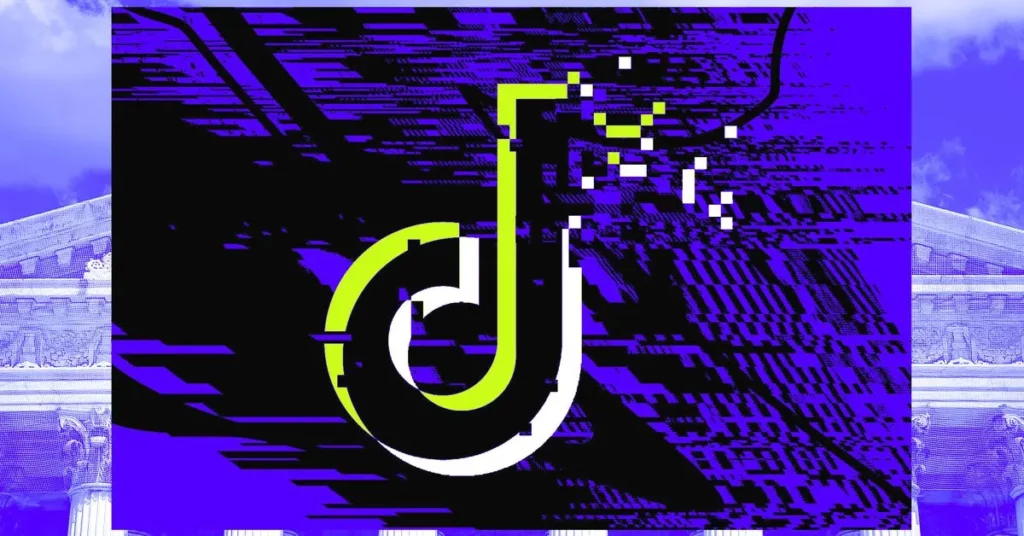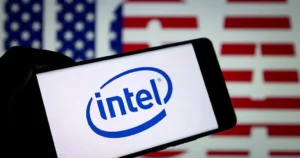
President Donald Trump has issued an executive order directing the Department of Justice not to take any action to enforce a ban on social media platform TikTok, or impose penalties against app stores and other service providers who continue to work with the company. This move is intended to extend the deadline for ByteDance, TikTok’s parent company, to divest its stake in the platform.
According to the order, Trump instructs the Attorney General to notify each provider that there has been no violation of the statute and that they are not liable for any conduct that occurred prior to the issuance of the order. The move effectively puts a 75-day pause on the ban, giving ByteDance more time to consider its options.
The decision is seen as an attempt by Trump to circumvent a bipartisan law that took effect on January 19th. It also raises questions about the legal authority of an executive order in this context. While it is unclear whether Trump can legally pause the TikTok ban, his administration is choosing not to enforce penalties against app stores and other service providers who continue to work with the company.
The move has significant implications for the millions of users worldwide who rely on TikTok as a means of communication and self-expression. The platform’s brief shutdown over the weekend sparked widespread panic and outrage among its user base, highlighting the importance of preserving access to these services during times of crisis.
It is worth noting that Trump’s assurances may not be enough to convince service providers covered by the law to reinstate TikTok. As many legal experts have pointed out, those companies could face up to $850 billion in potential penalties for violating the law, which was passed by a bipartisan Congress and signed into law by former President Joe Biden before being upheld by the entire Supreme Court.
While an executive order may provide some relief to these companies, it does not change the fact that they are still at risk of facing massive fines if they fail to comply with the law.
Source: www.theverge.com


